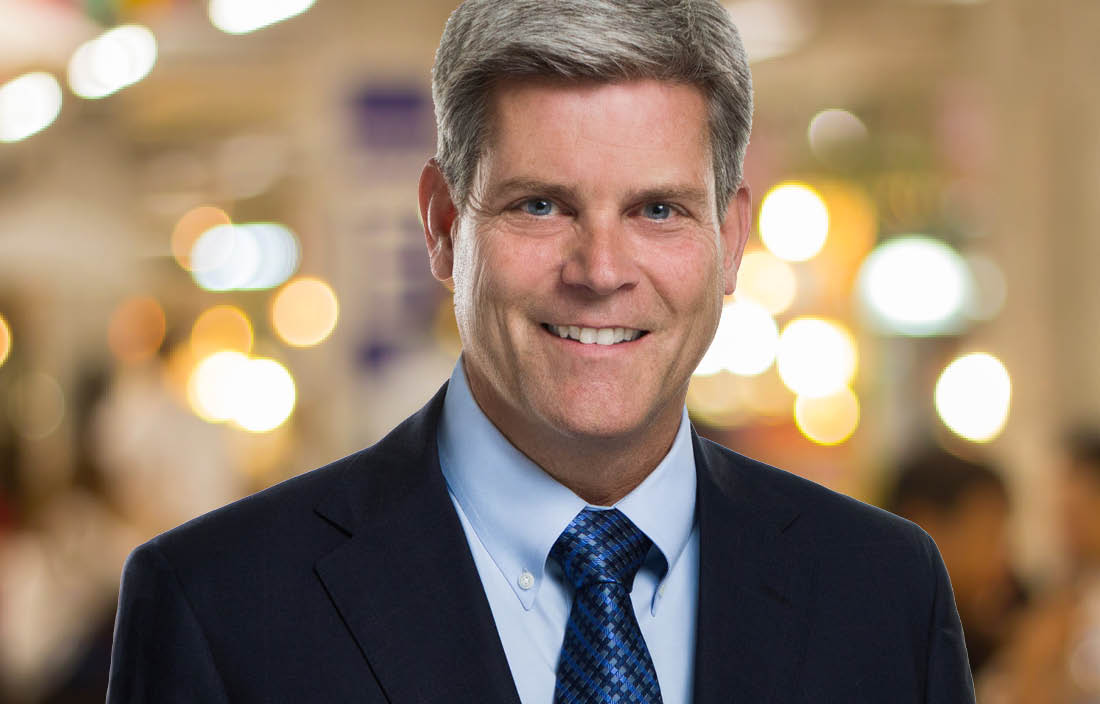For some, the last few months have been exciting. For others, fatiguing. Whether you delighted in the Obama/Romney matchup or are glad it’s all over, the votes are in. Democracy has determined that Barack Obama remains our President for the next four years.
Choosing the next leader of our country has naturally led me to think about the personal qualities of leadership. An example of leadership that resonates with me is our co-founder, Frank Moran, whose personal leadership style remains an important part of our cultural DNA. It occurs to me that only about 25 percent of Plante Moran partners knew Frank, and only about 5 percent got to experience his leadership in any meaningful way. Each year, that percentage only gets smaller.
How unfortunate, because Frank was an outstanding leader. I remember the first day I started, he came up to me and asked if I played racquetball. “I sure do!” I responded. He asked if I wanted to play at lunch. I was 22; he was 62. I was excited to play with him—what a great opportunity to get to know the managing partner!—but I wasn’t sure how to approach it. I thought, “How do I gracefully beat the guy whose name is on the building?”
When I arrived, he said he’d spot me 15 points and we’d play to 21. Any thoughts I had of “going easy on the old guy” quickly dissipated; it was game on. Despite my best efforts, Frank beat me 21 to 18. Afterward, he asked if I’d learned anything. I started talking about employing various racquetball techniques, and he said, “No, no, no…I mean regarding a life lesson. You underestimated me, didn’t you?” I admitted that I had. “Never underestimate anyone,” he said. “People are capable of so much more than you might think just by looking at them.”
In another example, Frank once asked me what one single factor caused more leaders to make bad decisions than any other. After thinking about this for a while, I said, “Lack of information.” Frank replied, “Interesting, but I don’t think so—no one ever has enough information.” Finally, he said, “Ego. Great leaders often let ego creep into their thought process, and it colors their judgment.” I’ve thought about that many times as I’ve advanced in my life and career, and I’ve done my best to keep ego from entering into any decision-making process.
Frank was an amazing listener—he would actually take notes on what you were saying, and he’d often come back a day or a week later and revisit the topic. He had a way of making people feel engaged and important. He’d ask for feedback about his own performance, and he took it every bit as seriously as when he’d offer it to others. I am so fortunate to have had him as one of my mentors and leaders.
How about you? What characteristics do you believe constitute a great leader? How have the leaders you’ve encountered shaped the professional you’ve become? I’d love to hear your stories!




